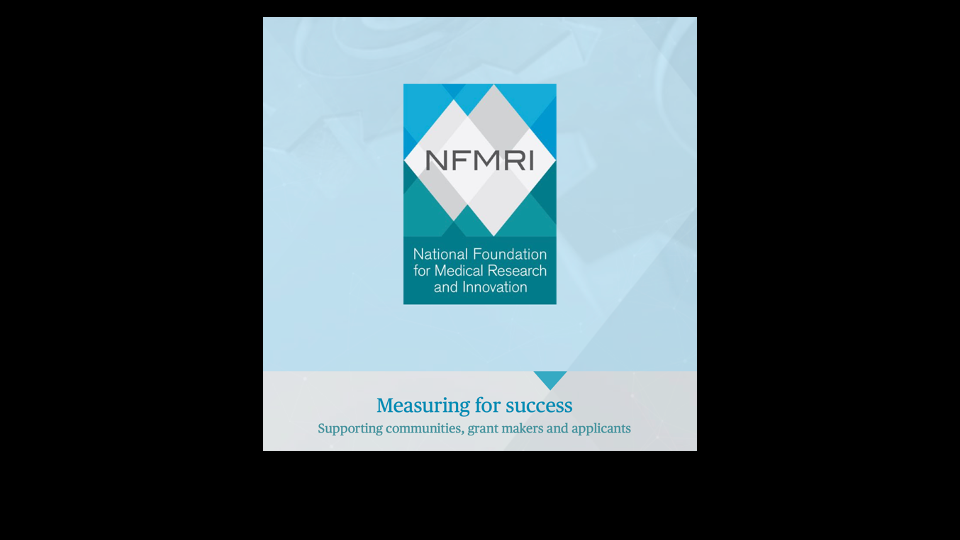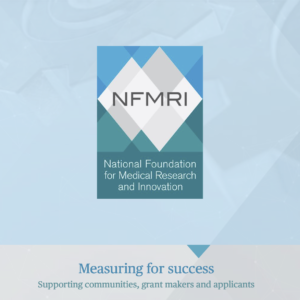Measurement is becoming increasingly important to philanthropists, foundations and other funders of programmes focused on delivering social returns.
Funders will have their own needs and priorities. Many of these relate back to a funder’s specific purpose and their strategies to achieve that purpose. Metrics can help funders assess their business practices and strategies, provide assistance to recipients and help communicate with key stakeholders.
Established metrics, however, don’t always align with the needs of funders who often rely on the metrics provided by grant recipients, their employers and other sources. These metrics may have an entirely di fferent application to the information required by funders.
Using universal metrics can also result in superfluous reporting, wasting both time and resources. Funders should also be careful not to obfuscate purpose-directed metrics with spill-over benefits.
What isn’t measured and rewarded can sometimes be as important as what is. If it isn’t measured, it can be considered not important by some applicants and their employers resulting in barriers for systems change. This is particularly important for large influential funders.
Funders have a special responsibility. As ‘dollars-in’ is a key performance indicator of all institutions, what funders support, measure and reward can have significant collective influence.
This document is intended to facilitate discussions around the use of metrics and assist funders make informed decisions about what is measured, why and how.


